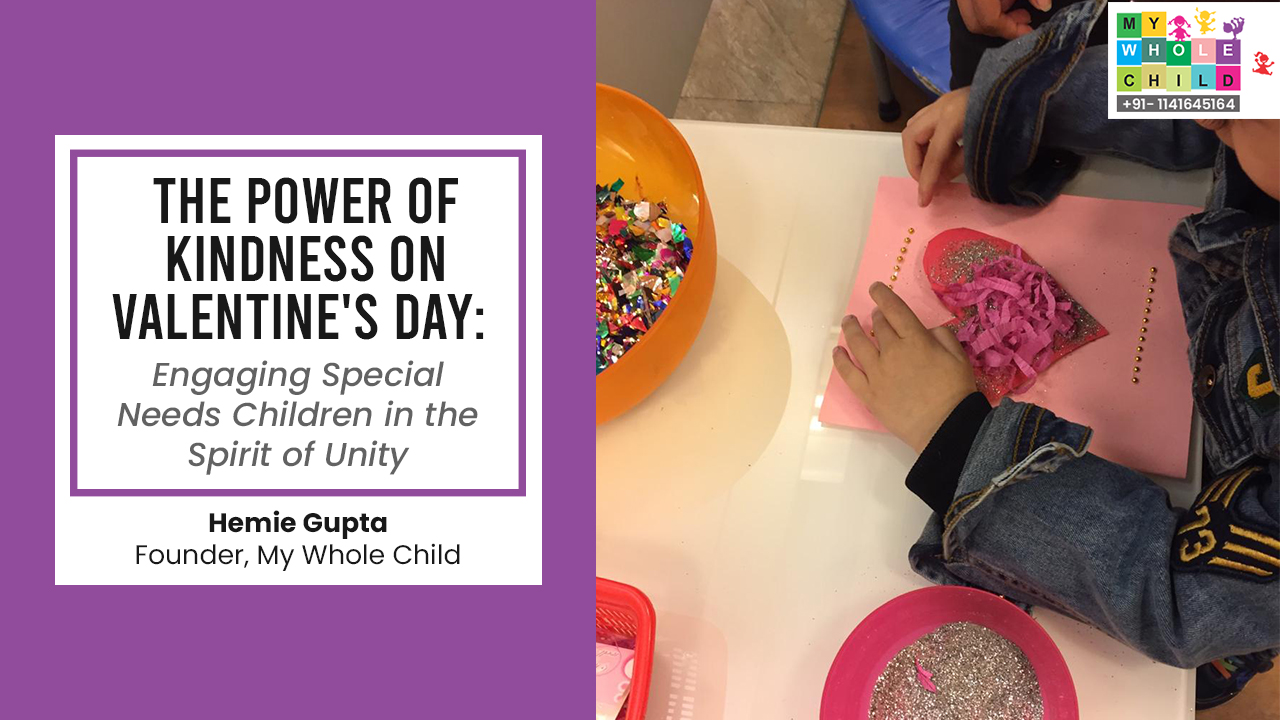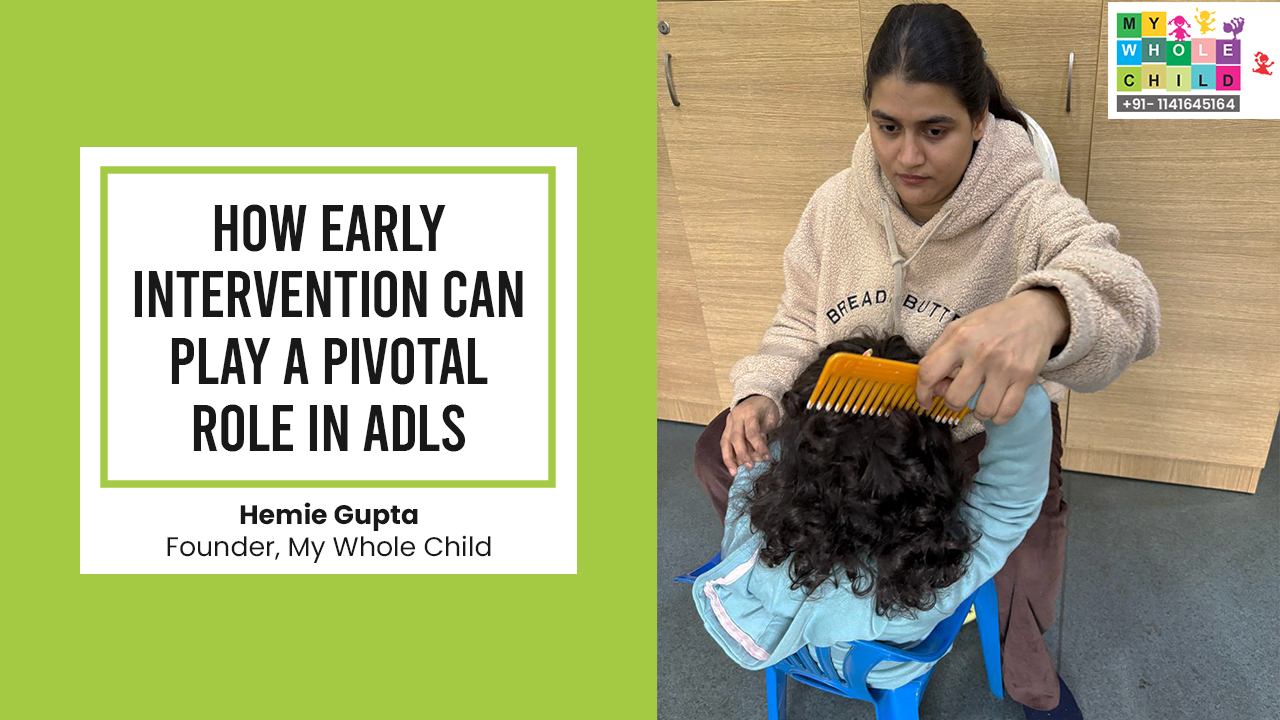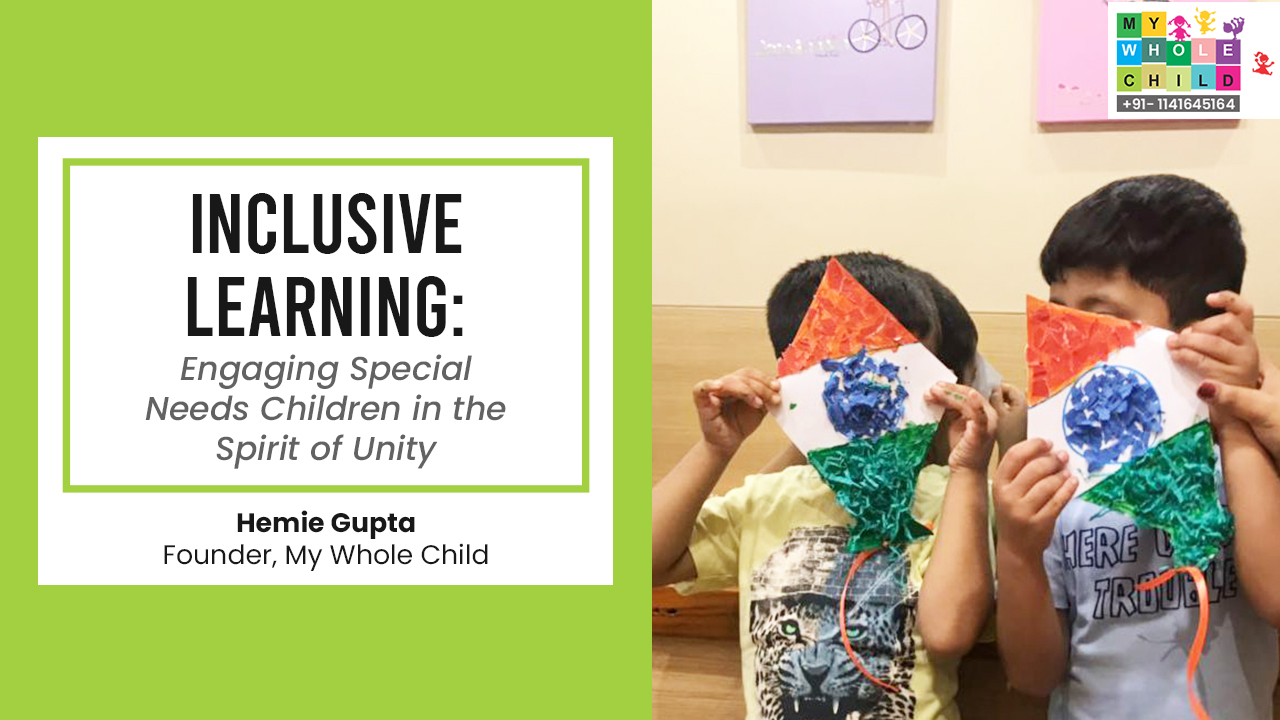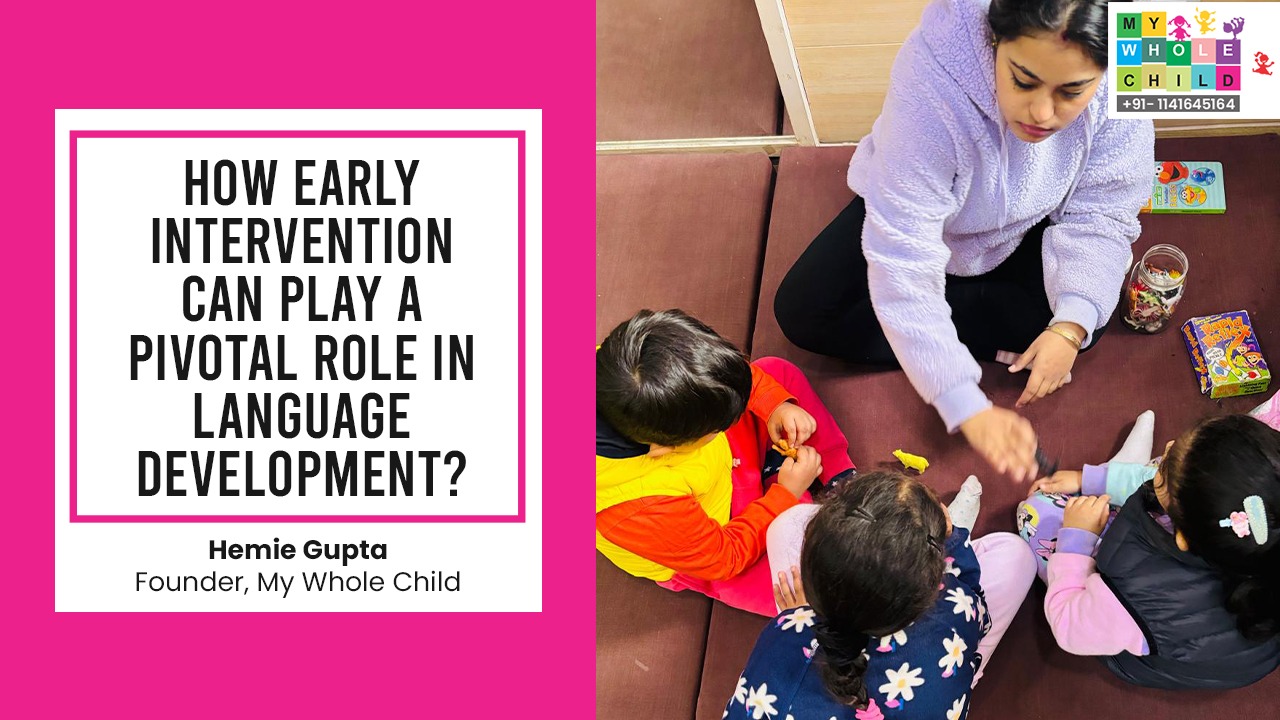mwcgk2@gmail.com S-Block, Gurudwara Nanaksar Premises, Greater Kailash-II, New Delhi-48
The Hidden Curriculum: Life Skills Learned at Summer Camp
admin - June 27, 2024
Children are used to spending their day with a set routine, from waking up in the morning to closing their eyes at bedtime, which keeps them disciplined, in control of their needs, and knowing what is to come next. But when the long-awaited summer vacation hits, and the routine breaks, even though it is healthy to relax and enjoy, for a very long time, this could result in children becoming irritable, bored, and frustrated. Finally, when the break ends, it becomes a very difficult transition to get back into the routine of school, with a major disconnect from school and crying and shouting.
As parents, you can avoid this by engaging them in summer intervention programs, which have numerous benefits.
Prevents Prolonged breaks from learning- Such as the entire summer break, can lead to learning loss or the “summer slide.” Research has shown that students can lose a significant amount of knowledge and skills during extended periods of academic inactivity. By engaging in intervention programs, students can minimize the negative effects of learning loss and retain the knowledge they have acquired.
Preparation for Challenges Ahead- Intervention programs can also help students prepare for upcoming academic challenges. For example, if a student struggled with a particular subject or skill during the previous school year, an intervention program can provide targeted instruction and practice to improve their proficiency. This prepares them for success in the subsequent academic year, as they will have a stronger foundation to build upon.
Disruption of routine
Children have a set routine, and during a long break, it gets broken into an irregular, more laid-back mode, which may or may not be productive, However, long vacations can disrupt this routine and result in less structure and responsibility, leading to a lack of motivation and productivity. Furthermore, a lack of routine can disturb students’ sleep patterns, causing fatigue and irregular sleeping habits.
It is important to note that while intervention programs can be beneficial, students also need time for relaxation, hobbies, and spending quality time with family and friends during the summer break. A balanced approach that includes a mix of academic and non-academic activities is crucial for overall well-being and a successful educational journey.
Latest Posts

The Power of Kindness on Valentine’s Day: Small Acts, Big Impact
February 13, 2025
How early intervention can play a pivotal role in ADLs
January 8, 2025


